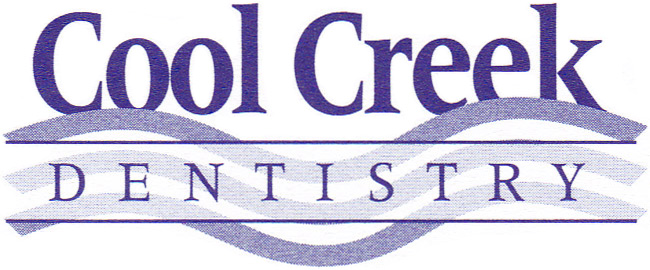Dry Mouth

Saliva is one of your body’s natural defenses against plaque because it acts to rinse your mouth of cavity-causing bacteria and other harmful materials. Dry mouth (also called Xerostomia) is a fairly common condition that is caused by diminished saliva production. People with medical conditions, such as an eating disorder or diabetes, are often plagued by dry mouth. Eating foods such as garlic, tobacco use, and some kinds of medications, including treatments such as cancer therapy can diminish the body’s production of saliva, leading to dry mouth. Other causes are related to aging (including rheumatoid arthritis), and compromised immune systems.
Some of the less alarming results of dry mouth include bad breath. But dry mouth can lead to more serious problems, including burning tongue syndrome, a painful condition caused by lack of moisture on the tongue.
If dry mouth isn’t readily apparent, you may experience other conditions that dry mouth can cause, including an overly-sensitive tongue, chronic thirst or even difficulty in speaking.
If you don’t have a medical condition that causes it, dry mouth can be minimized by sipping water regularly, chewing sugarless gum and avoiding smoking. Of course, there is no substitute for regular checkups and good oral hygiene.
